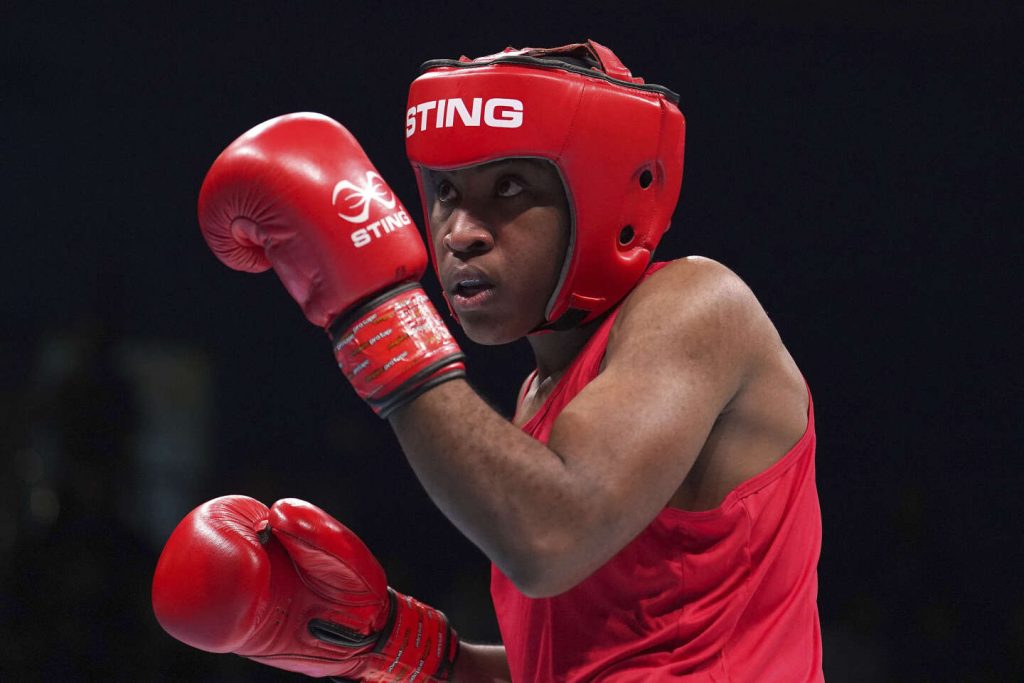The International Olympic Committee (IOC) has selected thirty-six athletes from eleven different countries to comprise the refugee team that will parade under the Olympic flag during the opening ceremony of the Olympic Games, planned to take place on the Seine. These athletes, twenty-three men and thirteen women, were mostly chosen from the seventy-three athletes who received scholarships for Paris 2024, funded by the IOC through its Olympic Foundation for Refugees and under the “Olympic Solidarity” program. To be eligible, the athletes must be high-level competitors and officially recognized as refugees in their host country by the United Nations High Commissioner for Refugees (UNHCR). Hailing from countries such as Afghanistan, Syria, Sudan, Iran, and others, the team members are welcomed by fifteen national Olympic committees and will be competing in twelve individual sports such as judo, cycling, athletics, and taekwondo.
This initiative to include refugee athletes in the Olympic Games began during the Rio Olympics in 2016, amidst the global refugee crisis, particularly the conflict in Syria. At the end of 2015, following a year marked by refugee crises, IOC President Thomas Bach announced the creation of a specific Olympic team for refugees. The team at the Tokyo Games in 2021 consisted of twenty-nine athletes from eleven countries, aiming to serve as ambassadors and spokespersons for the refugee cause. One of the athletes in the Paris team, boxer Cindy Ngamba from Cameroon, has qualified for the Olympic boxing events in the less than 75 kg category, making her the team’s main hope for a medal.
The IOC’s decision to showcase the refugee team aims to promote a positive image of refugees and raise awareness of the role that sports can play in supporting them. According to recent figures from the UNHCR, 108 million people worldwide were forcibly displaced by the end of 2022 due to persecution, conflicts, violence, and human rights violations. The Olympic Foundation for Refugees has provided safe sports opportunities for nearly 400,000 young people and supported over 1,600 coaches across eleven countries on five continents. This effort is crucial for the IOC to maintain its authority in the international sports arena and avoid potential competition from a UN sports agency.
By highlighting the refugee team, the IOC seeks to draw attention to the plight of refugees and demonstrate its commitment to supporting them through sports. This outreach also contributes to the IOC’s profile as a major international sports organization and reinforces its role as a leader in promoting humanitarian causes. The IOC’s investment in refugee athletes reflects its dedication to using the power of sports to inspire and uplift vulnerable populations, showing that sports can bring people together and foster a sense of unity and inclusion. The presence of the refugee team at the Olympic Games serves as a symbol of hope and resilience for refugees worldwide, showcasing the transformative potential of sports in fostering positive change and promoting social cohesion.


